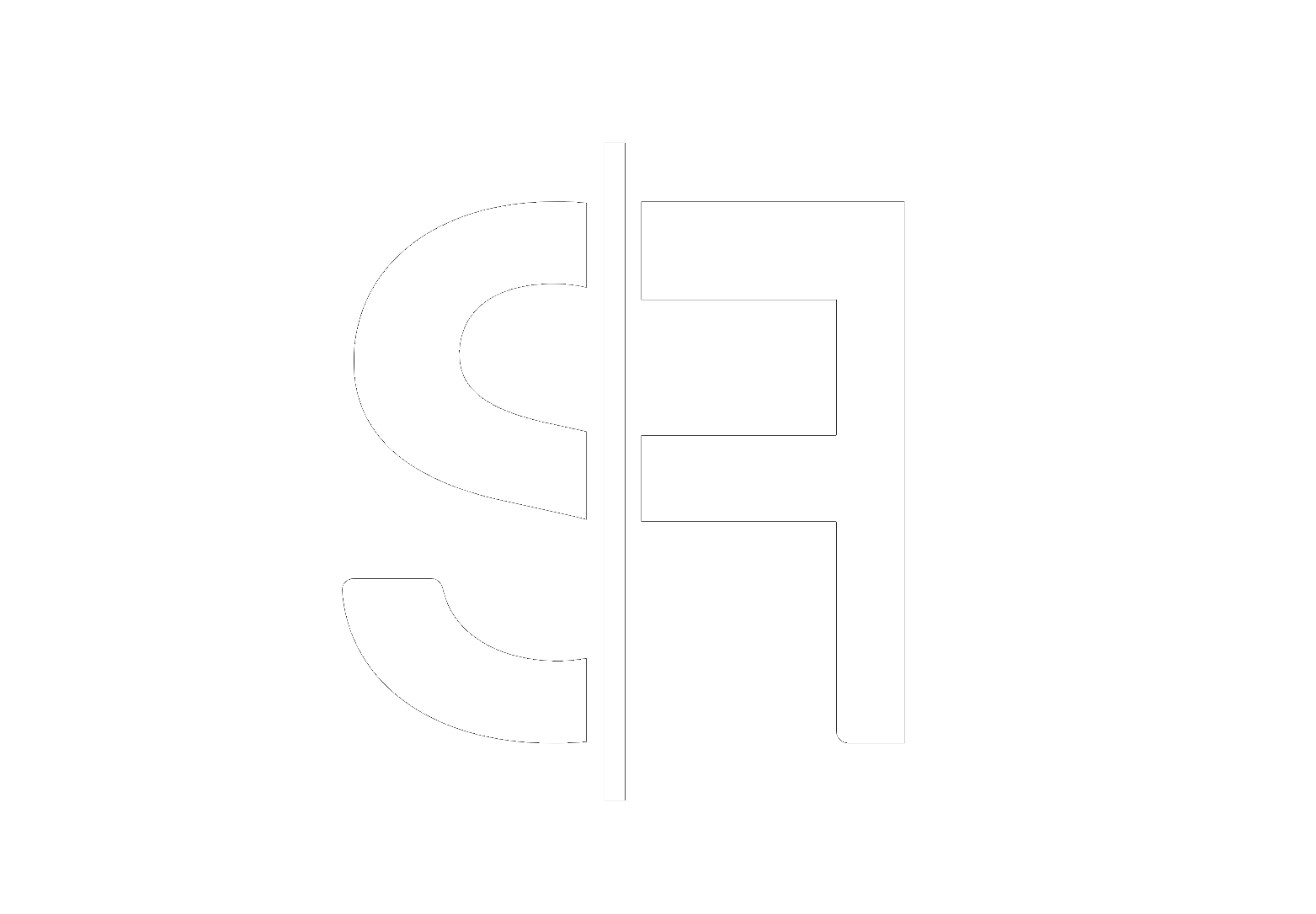Salesforce Flow vs Apex: When to Use Each for Automation
Navigating the landscape of Salesforce automation can feel complex, especially when deciding between declarative tools like Salesforce Flow and programmatic solutions like Apex. Understanding the nuances of **Salesforce Flow vs Apex** is crucial for any organization looking to maximize their Salesforce investment. This guide will help you determine the best approach for your specific automation needs.
Understanding the Core Differences: Salesforce Flow vs Apex
At their heart, both Salesforce Flow and Apex aim to automate business processes within your Salesforce org. However, they differ significantly in their approach, complexity, and capabilities.
Salesforce Flow: The Declarative Powerhouse
Salesforce Flow is a powerful declarative automation tool that allows you to build complex automation without writing a single line of code. It utilizes a visual drag-and-drop interface to design your automation logic, making it accessible to administrators and business analysts with varying technical skill sets. Flow is excellent for:
- Record-triggered automations: Executing actions when records are created, updated, or deleted.
- Screen Flows: Guiding users through multi-step processes with interactive forms.
- Scheduled Flows: Running automations at specific times or intervals.
- Platform Events: Responding to business events across your Salesforce org.
The ease of use and rapid development cycle make Flow a go-to for many standard business process automations. You can implement custom logic, update related records, send emails, and even create tasks all within the Flow builder. For more information on how we can help you leverage Flow, visit our Services page.
Apex: The Programmatic Solution for Complex Scenarios
Apex is Salesforce’s proprietary programming language. It’s a strongly typed, object-oriented language that allows developers to perform extensive customizations and build highly complex logic that goes beyond the capabilities of declarative tools. Apex is the choice when you need to:
- Perform complex calculations: Especially those involving intricate formulas or data manipulation.
- Integrate with external systems: Creating sophisticated callouts and data synchronization.
- Implement bulk operations: Efficiently processing large volumes of data.
- Handle intricate trigger logic: Managing before-save and after-save operations across multiple objects.
- Create custom user interfaces: Developing highly tailored Visualforce pages or Lightning Web Components.
While Apex offers unparalleled flexibility, it requires skilled developers and a more involved development and testing process. However, for truly unique and demanding business requirements, Apex is often the only solution.
When to Choose Salesforce Flow
Consider using Salesforce Flow when your automation requirements can be met with:
- Standard business processes: Automating tasks like lead assignment, opportunity stage updates, or case escalation.
- User-facing guided processes: Creating wizard-like experiences for data entry or customer onboarding.
- Simple to moderate data manipulation: Updating fields, creating related records, or performing basic calculations.
- Event-driven automations: Responding to changes in Salesforce data or external events.
- Configurations that can be built visually: If you can map out the logic using shapes and connectors, Flow is likely suitable.
For many common automation needs, Salesforce Flow offers a faster, more cost-effective, and maintainable solution compared to Apex. If you’re unsure which tool is best for your scenario, our experts at sflancer.com/contact can provide personalized guidance.
When to Choose Apex
Apex becomes the necessary choice when:
- Your automation involves complex logic or algorithms that cannot be expressed in Flow.
- You need to perform bulk operations on large datasets efficiently.
- Integration with third-party systems is required, necessitating custom API calls or complex data transformations.
- Advanced error handling or transaction management is critical.
- You need to enforce strict data validation rules or business logic that goes beyond Flow’s capabilities.
- You are building custom features that leverage the full power of the Salesforce platform.
Think of Apex as your toolkit for the most intricate and demanding Salesforce challenges. For businesses looking to achieve highly specialized functionality, Apex development is often the key. You can learn more about the advantages of professional Salesforce development on salesforce.com.
The Hybrid Approach: Flow and Apex Working Together
It’s important to note that **Salesforce Flow vs Apex** isn’t always an either/or decision. In fact, the most robust and efficient automations often leverage a hybrid approach:
- Calling Apex from Flow: You can use an Apex action within a Flow to execute complex code when needed. This allows you to harness the visual simplicity of Flow for most of your process while delegating specific, intricate tasks to Apex.
- Triggering Flow from Apex: While less common, Apex can be used to initiate Flows under certain circumstances.
This hybrid model provides the best of both worlds: the agility of declarative automation and the raw power of programmatic solutions. Many successful Salesforce implementations utilize this combined strategy. Explore more insights on Salesforce best practices on our Blog.
Making the Right Decision for Your Business
The decision between **Salesforce Flow vs Apex** hinges on the complexity of your business process, the technical expertise of your team, and your budget. For most standard automation needs, Flow is the recommended and more efficient choice. However, for highly customized, data-intensive, or integration-heavy scenarios, Apex is indispensable.
At Sflancer, we specialize in helping businesses optimize their Salesforce automation strategies. Whether you need to build sophisticated Apex code or design efficient Flows, our team can provide the expertise you need. Visit sflancer.com to learn more about our services and how we can empower your business with intelligent automation.

